
Few emotions run as deep as the quiet fear tied to life’s end. It hides behind everyday decisions, shows up during loss, and settles in silence. Most people feel it, even when they don’t recognize it. This piece examines the origins of that fear and how it permeates the human experience.
Understanding Death Anxiety As A Universal Psychological Phenomenon

Some worries run quietly in the background, and death anxiety is one of them. It affects how we think and cope, particularly during uncertain times like the COVID-19 pandemic. About a third of people experience it moderately.
How Conscious Awareness Of Mortality Creates Existential Dread
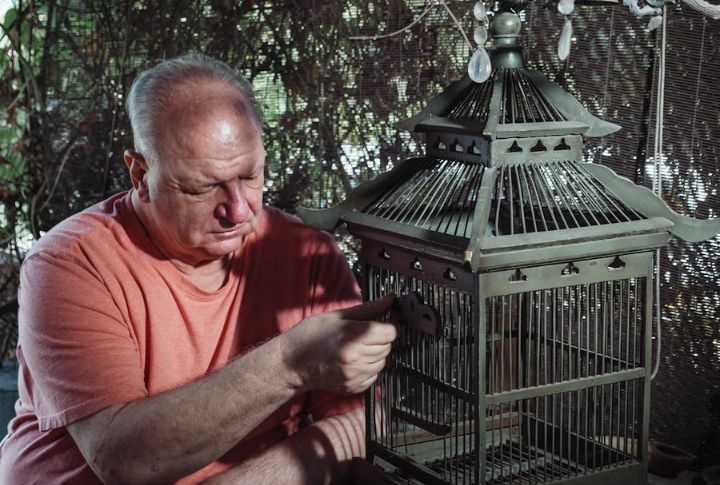
Here’s the twist: we’re aware we won’t live forever. That simple truth, oddly enough, can stir more fear than pain itself. Existential dread kicks in when we realize life ends. Psychologists point to this awareness—not suffering—as a major driver behind what we call death anxiety.
Fears Linked To The Physical And Unknown Aspects Of Dying

Even without deep thought, the unknowns of dying can feel unsettling. People worry about pain and about what’s next, if anything. And since we don’t know when or how it will happen, that uncertainty lingers. Most avoid the subject entirely, which only feeds the fear further.
The Thought Of Death On Relationships And Loved Ones

Often, what deepens the fear of death is imagining the weight others will carry after you’re gone. People picture the emotional or financial strain their absence might cause. Social roles shape this fear that shifts depending on a personal sense of responsibility.
Why Meaning And Legacy Increase Death Anxiety
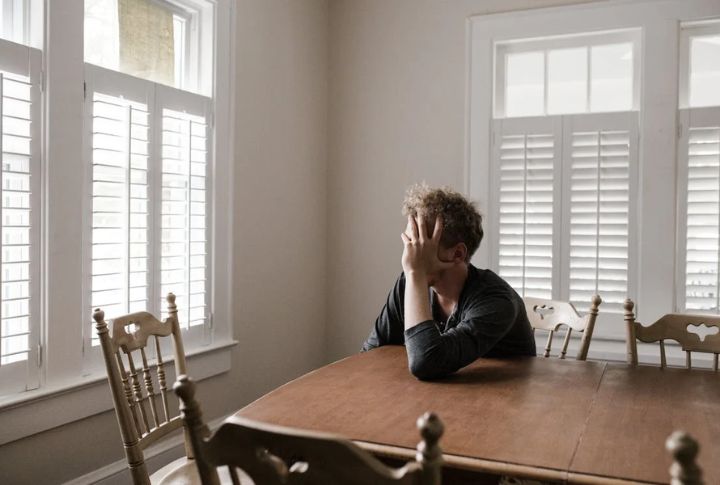
The fear of being forgotten can run deep, especially when life feels as though it is unfinished. Legacy gives our days a sense of purpose. Yet when goals slip away, the idea of symbolic immortality fades too. It becomes a personal reckoning with meaning, more about self-worth than public memory.
Cultural And Spiritual Beliefs Alter Fear Of Death
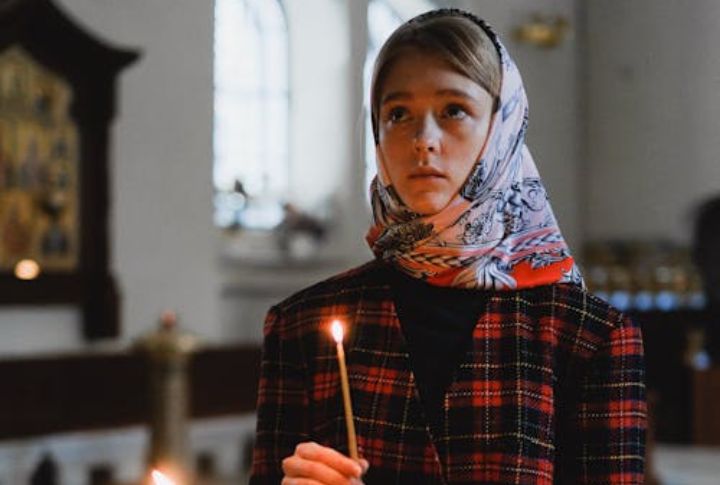
In many traditions, afterlife stories offer clear comfort and reassurance. Yet where those beliefs are vague or missing, fear tends to deepen. Some cultures avoid talking about death altogether, which only increases unease. Still, during illness, spiritual strength can ease anxiety and make mortality seem less overwhelming.
Why Death Anxiety Differs Among Individuals
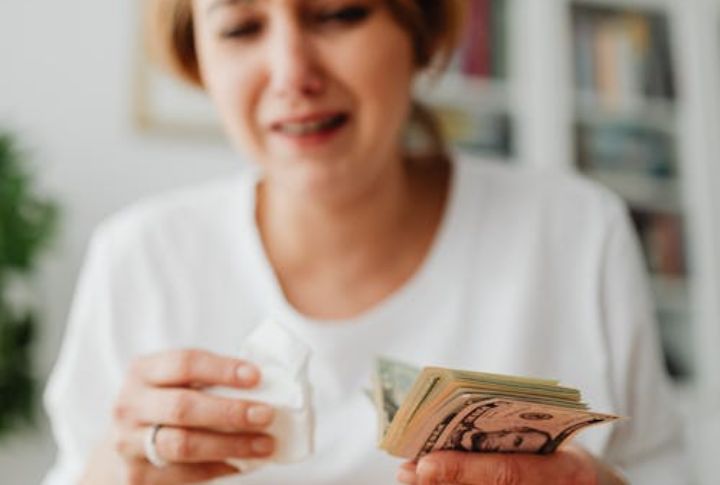
Some factors make death anxiety more common. Women often report stronger fears, possibly because they express emotions more openly. Lower education links to more intense fear, and so do habits like smoking. Feeling financially secure tends to reduce anxiety, showing how money worries add extra stress.
How Fear Of Death Connects To Mental Health Issues
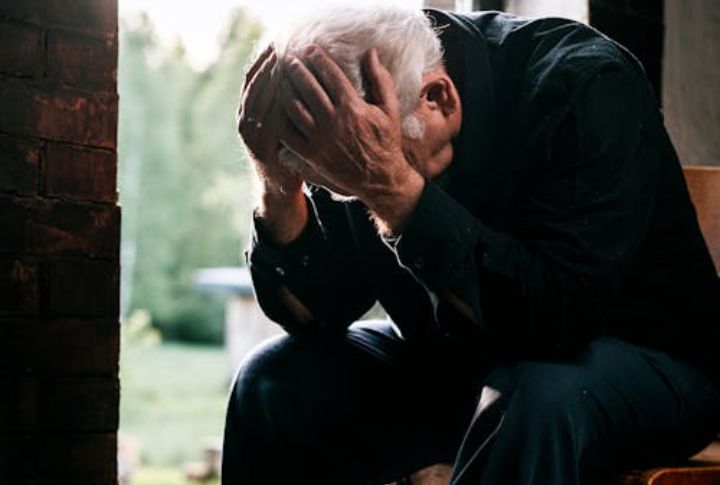
Death anxiety appears alongside emotional struggles such as depression, OCD, PTSD, and general anxiety. It can complicate how people manage their mental health. When illness progresses, this fear tends to grow. Working through death-related fears may bring more stability to someone’s overall emotional well-being.
How The Mind Defends Against Death Anxiety Unconsciously
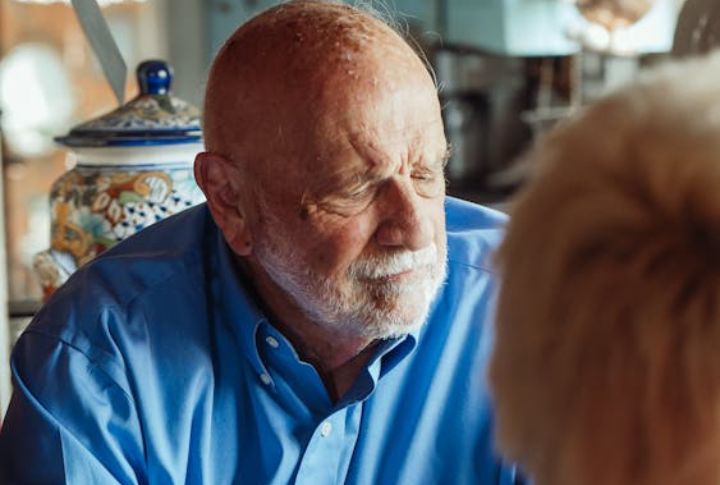
Without realizing it, the mind shields us from thoughts of death. Denial can offer a sense of calm. People seek meaning and identity to feel a lasting sense of significance. Others dodge the topic or joke about it. Still, these quiet defenses shape how we move through life.
Building Active Resilience And Finding Peace With Mortality
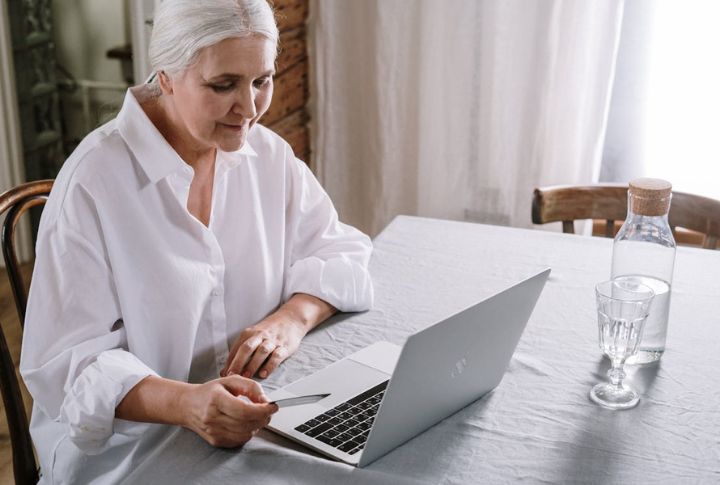
Facing death doesn’t always mean fear takes over. In fact, small mental shifts can gradually ease the emotional weight. Practices such as mindfulness and acceptance bring calm. And through learning or support, people usually regain their emotional balance.

